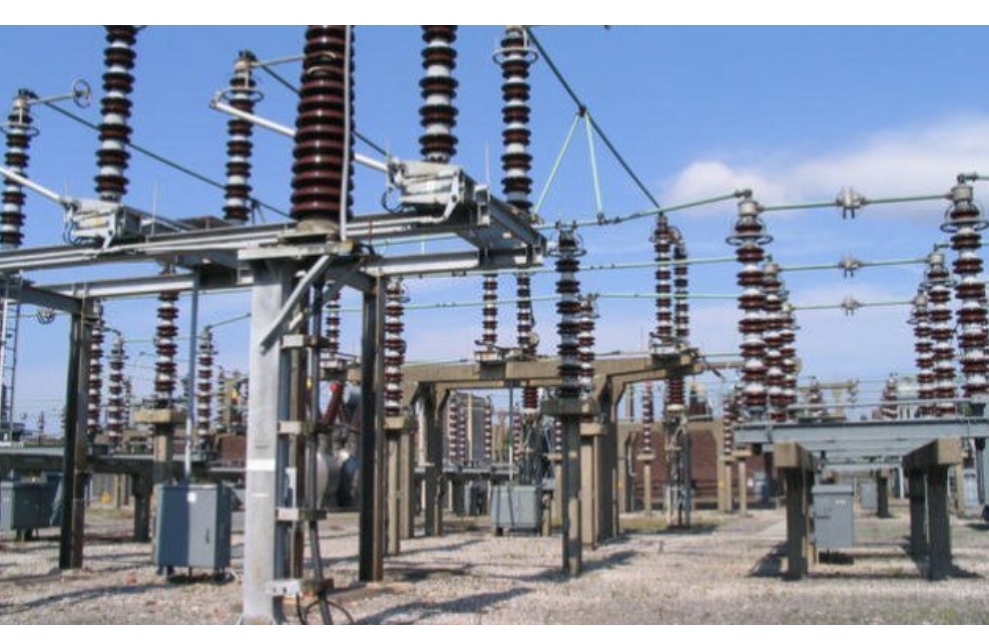|
Getting your Trinity Audio player ready...
|
Power distributors failed to accept an average of 114.53 megawatts-hour/hour of electricity in the second quarter of 2023 despite its low supply across the country, the Nigerian Electricity Regulatory Commission has said.
NERC disclosed this in its latest 2023 Second Quarter report, as it also revealed that the power distributors installed 178,864 new meters for consumers during the period.
The commission further stated that the complaints of power users rose by about 31 per cent, adding that persistent mechanical fault and gas constraints reduced power generation in the second quarter of this year.
Data from the regulator showed that all the 11 power distribution companies accepted less than their various contracted capacities.
This led to an average cumulative load rejection of 114.53MWh/h amid blackouts in many locations across the country.
It was observed that the combined average energy offtake of the 11 Discos during the three-month period was 3,251.31MWh/h, while their available Partially Contracted Capacity was 3,365.84MWh/h.
Explaining the energy offtake performance, the commission stated that since July 2022 when the Nigeria Electricity Supply Industry transitioned to the Partial Activation of Contract regime, the target volume of energy to be off-taken by Disco at any time had been defined as their Partially Contracted Capacity.
It stated that under the PAC regime, Discos had take-or-pay obligations on their PCC, which meant that they must pay for available capacity irrespective of their offtake.
“This structure is consistent with international best practices for long-term contract-based power procurement and ensures that Gencos (generation companies) earn capacity payments to compensate them for availability.
“To curtail this practice, the commission included load offtake as a key metric in its
KPI Order — Order on Performance Monitoring Framework (NERC/316-326/2022), which was issued to Discos effective October 2022.
“The order provides that persistent load non-offtake to certain thresholds may trigger regulatory actions against the management of the Discos,” the NERC stated.
It added that “in 2023/Q2, the average energy off-take by Discos at their trading points was 3,251.31MWh/h, and it shows a decrease of -218.82MWh/h (-6.31 per cent) when compared to 3,470.13MWh/h off-take in 2023/Q1.
“During the quarter, all the Discos took less than their available PCC except Eko Disco which recorded an offtake performance of 116.90 per cent and will therefore benefit from reduced wholesale energy cost.”
The commission, however, stated that it would utilise its order on performance monitoring framework to enforce appropriate regulatory actions against Discos that fail to meet the KPI targets for offtake ratio.
On metering, the report stated that a total of 178,864 meters were installed in 2023/Q2, representing an increase of 3,583 installations (2.04 per cent) compared to the 175,281 meters installed in 2023/Q1.
“During the quarter, 168,397 meters were installed under the MAP (Meter Asset Provider) framework, while 9,302 meters were installed under the NMMP (National Mass Metering Programme) framework.
“The Vendor and Disco Financed framework recorded 1,143 and 22 meter installations respectively,” it stated.
It stated that as at June 30, 2023, there were 12,561,049 registered electricity customers with 44.16 per cent (5,546,483) of them metered.
The commission stated that Ikeja, Ibadan, Abuja and Enugu Discos had the highest number of meter installations in 2023/Q2, accounting for 72.69 per cent of total installations.
On customers’ complaints, the NERC stated that the total number of complaints received in 2023/Q2 was 325,898 across all Discos, representing an increase of 76,215 (30.52 per cent) compared to the 249,683 complaints received in 2023/Q1.
“Ibadan Disco received the highest number of complaints (55,110 representing 16.91 per cent of total complaints received), while Yola Disco received the least number of complaints (2,662 representing 0.82 per cent of total complaints received),” the regulator stated.




